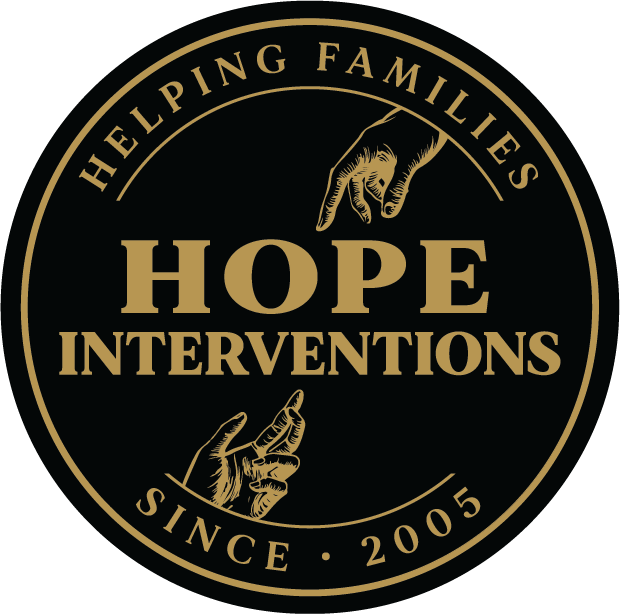When to Step In: Signs That a Mental Health Intervention is Needed
Understanding When Intervention is Necessary
Watching a loved one struggle with mental health issues can be distressing, and knowing when to step in can be challenging. While offering support and encouragement is crucial, there are times when professional intervention becomes necessary to ensure their well-being. Recognizing the warning signs can help you take timely action.
Warning Signs That Indicate the Need for an Intervention
Drastic Changes in Behavior
If your loved one is exhibiting extreme mood swings, withdrawing from social interactions, or displaying erratic behavior, it may signal a deeper issue that requires intervention.
Inability to Manage Daily Life
Struggling to maintain personal hygiene, complete daily tasks, or fulfill responsibilities at work or school can be a sign that mental health challenges are becoming overwhelming.
Increased Substance Use
A noticeable increase in alcohol or drug use as a coping mechanism may indicate that your loved one is struggling with their mental health and may require professional help.
Expressions of Hopelessness or Suicidal Thoughts
Any mention of self-harm, suicide, or an overwhelming sense of hopelessness should be taken seriously. Immediate intervention and professional support are critical in these situations.
Paranoia or Delusional Thinking
If your loved one is experiencing paranoia, hallucinations, or delusions, these could be signs of severe mental health disorders requiring urgent professional care.
Refusal to Seek Help
If your loved one acknowledges their struggles but refuses to seek professional assistance, an intervention may be necessary to encourage them to accept the support they need.
How to Approach an Intervention
Gather Support
Reach out to close friends, family members, or mental health professionals who can provide insight and help create a plan for the intervention.
Choose the Right Time and Place
A calm, private setting is ideal for discussing concerns without distractions or added stress.
Express Concern with Compassion
Use non-judgmental language, focusing on specific behaviors that have raised concerns. Show that your intention is to help, not to criticize.
Offer Concrete Solutions
Provide information about professional resources, such as therapy, treatment centers, or support groups, to help them take the next step.
Be Prepared for Resistance
Your loved one may react with denial or defensiveness. Stay patient and continue to offer support without forcing immediate action.
You Are Not Alone
Mental health struggles can be overwhelming, but intervention can be a turning point toward healing. Your support and timely action can make all the difference in helping your loved one reclaim their well-being.
Hope Interventions: Helping You Navigate Mental Health Crises
At Hope Interventions, we understand how difficult it can be to step in when a loved one is struggling with mental health challenges. Our compassionate team is here to guide you through the intervention process and connect your loved one with the professional support they need.
If you recognize these signs in someone close to you, don’t wait—reach out today. Together, we can take the necessary steps toward healing and recovery.


